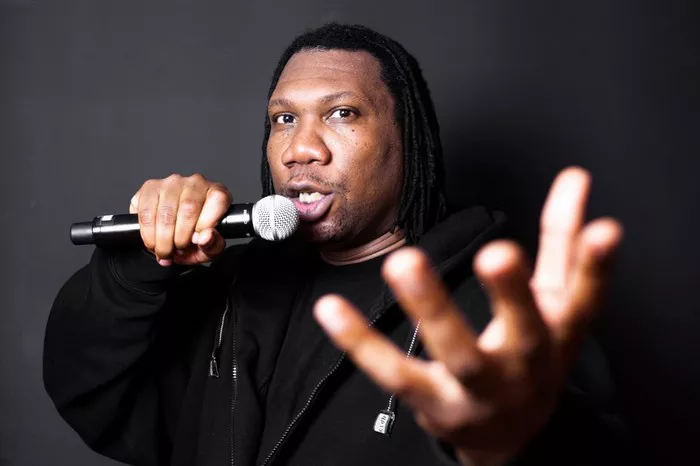KRS-One thinks many of today’s rappers are traitors who disregard hip hop’s foundation
KRS-One, a legendary figure in the world of hip hop, has been a vocal advocate for preserving the essence and values of the genre. He has expressed his concern about the direction in which modern-day rap is heading, criticizing some contemporary rappers for betraying hip hop’s roots. In his view, they have forsaken the foundational principles of the genre and compromised its authenticity for commercial success. This article delves into KRS-One’s perspective, the challenges faced by hip hop in the current landscape, and the significance of safeguarding its fundamental elements.
KRS-One: The Vanguard of Conscious Rap
KRS-One, born Lawrence Krisna Parker, emerged as a prominent rapper and activist in the 1980s. He became a leading voice in conscious rap, using his music as a platform to address social issues and promote empowerment. Often referred to as “The Teacha,” KRS-One played a pivotal role in shaping hip hop’s early history and advocating for its positive influence on society.
The Foundation of Hip Hop: Knowledge, Respect, and Unity
For KRS-One, the essence of hip hop lies in its foundation, which rests on the pillars of knowledge, respect, and unity. He believes that hip hop is more than just a genre of music; it is a culture that originated as a means of creative expression, self-discovery, and social commentary. Hip hop’s inception in the South Bronx during the 1970s was a response to the socio-economic struggles faced by marginalized communities, providing an outlet for self-affirmation and collective empowerment.
The Rise of Commercialization: A Double-Edged Sword
As hip hop gained popularity in mainstream culture, it underwent a transformation from a grassroots movement to a lucrative industry. The influx of commercialization brought fame and fortune to some artists but also diluted the genre’s original essence. KRS-One argues that the quest for commercial success has led many contemporary rappers to compromise their artistic integrity, focusing on materialistic themes rather than addressing important social issues.
Disregarding Hip Hop’s Roots: A Betrayal of the Culture
KRS-One expresses his disappointment in modern-day rappers whom he believes have forsaken hip hop’s foundational principles. He contends that some artists prioritize fame and money over authenticity, choosing to produce shallow and superficial content instead of engaging in meaningful storytelling. In his view, this not only weakens the genre but also betrays the very culture that gave rise to hip hop in the first place.
Cultural Appropriation and Misrepresentation
Another concern raised by KRS-One is the issue of cultural appropriation and misrepresentation within hip hop. He emphasizes the importance of respecting and honoring the origins of the culture, especially as it emerged from African-American and Latino communities. KRS-One is critical of artists who adopt hip hop as a trend or fashion statement without understanding or acknowledging its historical context and the struggles of its pioneers.
Fostering Change and Preserving the Essence
While KRS-One is forthright in his criticism, he also believes in the potential for positive change within the hip hop community. He emphasizes the need for artists to educate themselves about the culture’s roots and use their platform responsibly to address pressing social issues. For him, preserving the essence of hip hop is not about stifling artistic expression but rather infusing it with depth and purpose.
The Role of Hip Hop Educators
As an advocate for knowledge and education, KRS-One encourages aspiring artists to delve into hip hop’s rich history and learn from its pioneers. He envisions a future where hip hop educators play a crucial role in imparting the values of the culture to the next generation of artists. By understanding and embracing hip hop’s roots, new rappers can contribute to its evolution while honoring its legacy.
Conclusion: The Ongoing Battle for Hip Hop’s Soul
KRS-One’s perspective on contemporary hip hop serves as a reminder of the ongoing battle for the genre’s soul. As hip hop continues to evolve and adapt to new challenges, the need to preserve its foundational principles remains paramount. While commercialization and cultural appropriation may pose threats to its authenticity, artists like KRS-One advocate for a return to hip hop’s roots—a revival of the knowledge, respect, and unity that define its essence. By fostering an environment of conscious rap and social awareness, the hip hop community can ensure that the genre continues to serve as a powerful vehicle for expression, empowerment, and positive change. As the custodians of hip hop’s legacy, both artists and audiences must collectively safeguard its core values and celebrate its significance as a cultural movement with a profound impact on the world.

